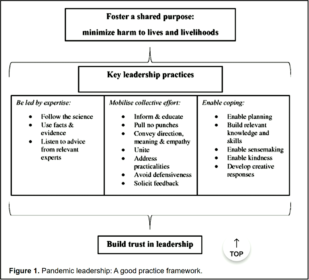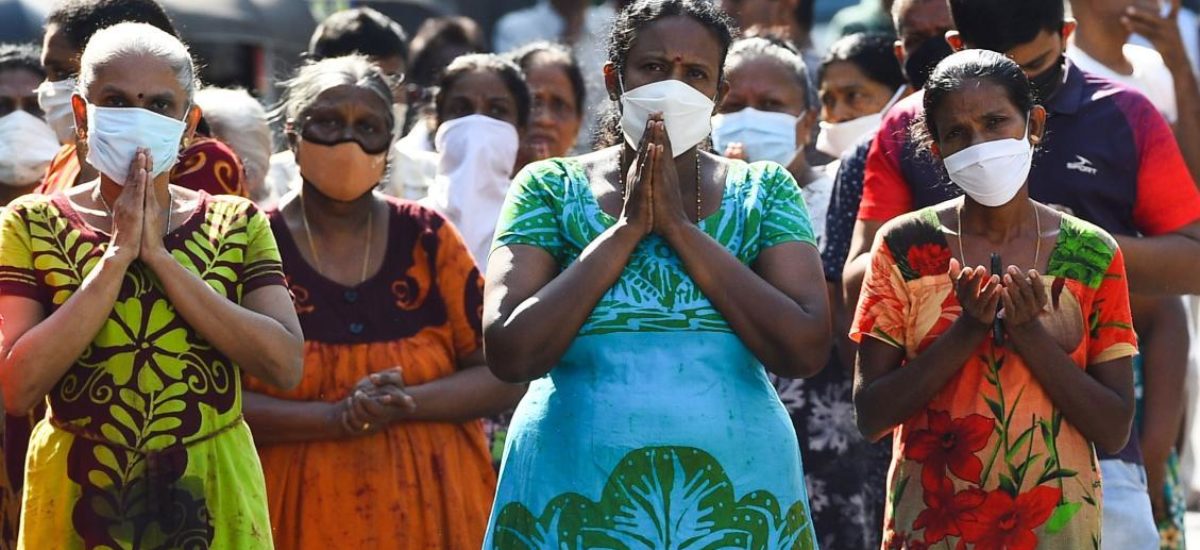Photo courtesy of Deccan Herald
Sri Lanka is seeing an uptick in infections with 1,307 total infections with 1,180 new infections confirmed within seven days, as of October 10. Amidst this increase an unhealthy narrative is starting to take hold. This is a narrative centered on blaming others, imposing fear and frustration. The common refrain that goes “why could not they have been careful enough?” is harmful and often leads to stigmatizing vulnerable communities that are affected by the virus.
Understanding why we (and others) are struggling with maintaining safety measures is important for us to improve our habits of safety and to shift from a culture of blaming to a culture that supports and leads with kindness.
What is pandemic fatigue?
I am sure that you have, by now, experienced a growing tiredness related to safety measures, the anxiety that comes with missing a simple step and frustration towards those who do not follow safety guidelines. This feeling of tiredness has probably seeped into your daily life and is constantly present. This is called “pandemic fatigue” and is common for all of us regardless of nationality, ethnicity, profession or religion. The only effective way to counter pandemic fatigue is to lead with practical measures of kindness both towards others and yourself. Practical measures of kindness should be employed at every level including personal, organizational and at the national policy level.
How do we counter pandemic fatigue?
Be kind, not silent
At a personal level, support others who are struggling by explaining that pandemic fatigue is a phenomenon that affects us all but reinforce the importance of continuing to be safe and directing them towards helpful resources. Another important personal step is to minimize shaming, condescending, and acting with aggression towards those who miss safety steps in personal encounters and on social media. This does not mean remaining silent either. It means offering kind reminders to follow health guidelines. The popular narrative that people respond to shaming or aggression is false and is not a sustainable method. If you are a leader of an organization sending gentle reminders on pandemic fatigue and the importance of being kind but remaining vigilant would go a long way towards maintaining the morale and safety of those who work under you.
Use awareness, not fear
It is also crucial that the government understands pandemic fatigue affects its population. Such an understanding is important to stop treating those who are infected with aggression or in a manner that causes fear and stigma. One of the negative points of Sri Lanka’s handling of the COVID-19 pandemic is the lack of effort by the government to counter stigma. Recent examples can be seen in the way that factory workers were treated after testing positive for COVID-19, and the continuing false narratives targeting Muslims. Sri Lanka should strongly consider relying less on using fear of punishment to enforce COVID-19 containment policies and providing more science-based explanations that make the public part of the effort.
New Zealand’s success largely depended on making the public part of the effort and effective explanations by the government. Sri Lanka needs to put more effort to explain and re-explain the science behind policies. The topics of focus could be asymptomatic, pre-symptomatic spread of COVID-19, long term impacts of contracting COVID-19 beyond recovery, the impact on the health system, how stigma or spreading rumors can lead to more infection spread and importance of community support during this difficult time. As an initial idea to communicate science to the public, Sri Lanka can look to World Health Organization’s COVID-19 Science in 5 series. An ongoing series that explains each key concept related to COVID-19 in 5 minutes.
Equality in communication and in enforcement
Since confusion on COVID-19 policies and experiencing selective application of containment policies can contribute further to pandemic fatigue, government also has a responsibility to be clear, communicate in all three (Sinhala, Tamil and English) languages and to apply containment policies without favouritism. Selective enforcement of policies due to favouritism or other factors, inaccessibility to government guidelines or confusion related to guidelines, not countering stigma are missteps of other countries that we can learn from. For example, confusion around health guidelines, and selective enforcement of health guidelines has resulted in a crisis in the United States.

Source: Pandemic leadership: Lessons from New Zealand’s approach to COVID-19 by Suze Wilson
Combat poor journalism
Poor journalistic practices are as dangerous as the pandemic itself and is a major contributor towards pandemic fatigue. Poor journalism ethics both at the corporate level and at the individual level that violates privacy, spreads misinformation and stigma, provide an incomplete picture of the current status, and favour political interests are extremely dangerous and intentionally puts lives of people at risk. It is crucial that individual journalists and companies take responsibility to follow ethical guidelines on reporting such as respecting privacy, not sensationalizing the news, providing accurate information and relevant headlines as opposed to clickbait. International Media Support offers a useful guide that many can use as a start to improve or re-align harmful journalistic practices.
We are all tired and wish this to be over. The pandemic fatigue has taken hold of us at a personal level and at the policy level governments across the globe struggle to maintain safety and economy of their countries. While the new normal is not easy, understanding that pandemic fatigue affects us all, and countering it with kindness and methods grounded in science will be the most effective way to succeed.
The author is formerly a Policy Associate at the Center for Policy Impact at the Duke Global Health Institute and is currently a Ph.D. candidate focusing on global health policy at McGill University. He tweets at @ShashikaLB

